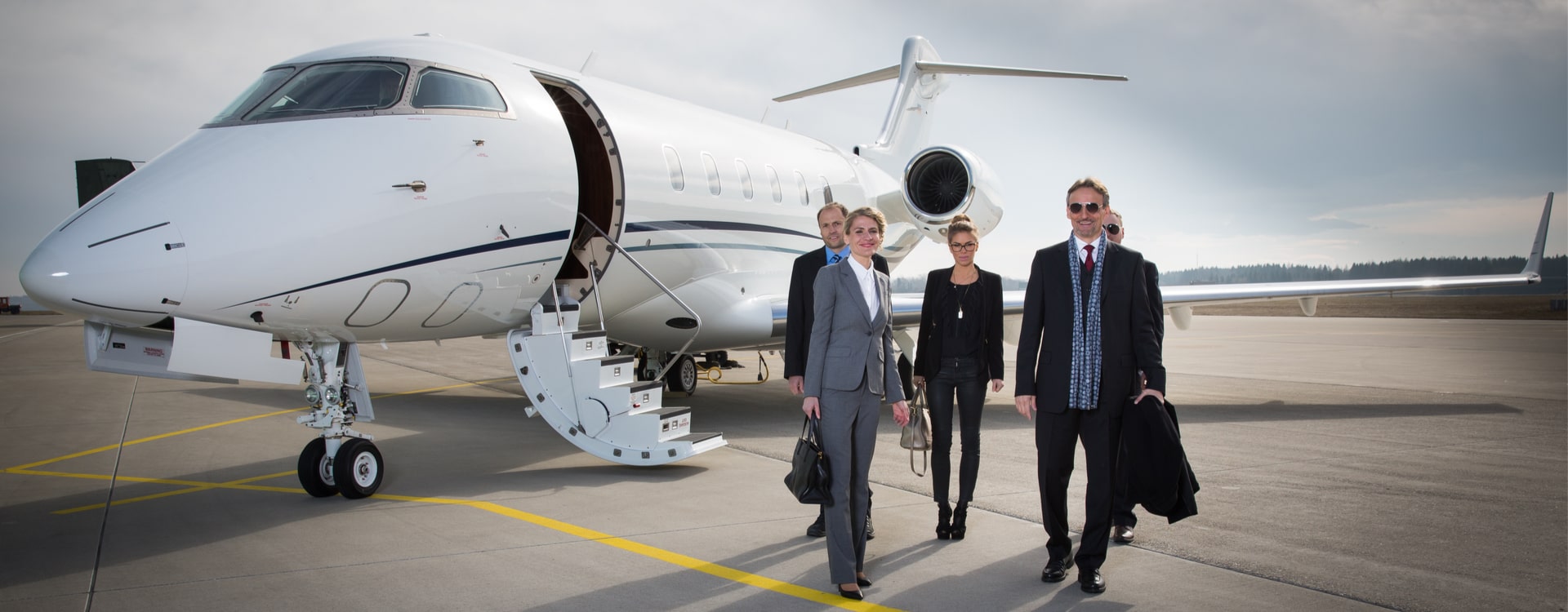As an international centre of excellence in the aviation industry, Malta offers a whole range of international aviation services and facilities as part of a comprehensive package for the business aviation industry. The island enjoys a strategic geographical position at the centre of the Mediterranean. The Malta Flag is a flag of confidence and international repute and has more than 300 aircraft on its register.
The Civil Aviation Directorate within Transport Malta regulates all aviation activities in Malta and is a member of the International Civil Aviation Organisation (ICAO), the European Civil Aviation Conference (ECAC), EUROCONTROL, and the European Aviation Safety Agency (EASA). The Civil Aviation Directorate ensures that the Maltese air transport industry, in all its aspects, continues to be developed in a safe and efficient manner in order to serve the island’s needs.
Signature Private Office offers a fast and efficient company incorporation service, the creation of business structures, the transfer of assets to Switzerland, and the other aspects of corporate planning.
ADDITIONAL INFORMATION
A company registration in Switzerland can be either Gesellschaft mit beschränkter Haftung (GmbH) or Societé à Responibilité Limité (SARL) – basically a private limited liability company; or Aktiengesellschaft (AG) or Societé Anonyme (SA).
The client chooses their preferred canton and company name. A company name availability check is carried out with the Switzerland Federal Registry. The Swiss authorities reserve the right to approve the name of the company prior to registration to ensure the uniqueness of all company names. If your preferred choice of company name is available, it will be reserved for you.
The company memorandum and articles of association and other documentation are prepared, and a Swiss bank account opened in the name of the proposed company. The shareholders then transfer the capital to the bank account. The bank will then ‘freeze’ this capital for a few days and issue a certificate to the notary confirming that the capital has been deposited. The notary then proceeds to register the company at the Commercial Register. The capital is then ‘unfrozen’ by the bank and is immediately available for the company’s use.
The Commercial Register then issues the relevant documents of incorporation and the company registration process is complete.
- Flag of confidence and international repute
- Adherence to international standards and the highest levels of regulation in the world
- Full member of the EU and the Commonwealth
- Stable economy, robust financial services regulatory framework and a sound political climate
- Competitive aircraft registration costs and annual fees
- Attractive tax incentives for aircraft owners
- VAT-efficient finance leasing structures
- Aircraft can be registered in the name of a company
- Registration of mortgages and international interests in accordance with the provisions of the Cape Town Convention
- Recognition of fractional ownership of aircraft
The registration of aircraft for both private and commercial use with the Civil Aviation Directorate within Transport Malta, can be exercised by any of the following:
- an owner of an aircraft;
- an owner of an aircraft under construction;
- an operator of an aircraft under temporary titles;
- a buyer of an aircraft authorized to operate the aircraft;
- a trustee for the benefit of beneficiaries.
- Air Operator Certificate (AOC) – necessary for an air transport organisation to carry out any air service within the EU;
- Air Operator License (AOL) – AOC holders must also possess an AOL, permitting them to provide air services as stated in the operating license, e.g., to carry by air passengers, mail and/or cargo for remuneration and/or hire. AOL is valid within the EU, the EEA and Switzerland.
The Maltese VAT guidelines address scenarios where a Maltese company purchases an aircraft and enters into a lease agreement of the aircraft with a third party. The aim of this structure is to enable owners to pay VAT on their private jet calculated on the percentage of the time that the aircraft is used within EU airspace. In accordance with Malta’s VAT legislation, the lease by a person established in Malta of an aircraft used purely for private purposes constitutes a taxable supply of a service taking place in Malta when the aircraft:
- is put at the disposal of the customer in Malta;
- is leased for a continuous period of not more than 30 days;
- is leased for a continuous period exceeding 30 days to a person established in Malta.
- the lessor must be a company registered in Malta for the purpose of acquiring the aircraft;
- the lessor must be registered with the Malta VAT Department;
- the lessee is not eligible to claim input VAT;the lease agreement cannot exceed 60 months;
- the lease payments must be paid monthly;
- the lease agreement must obtain approval and confirmation from the VAT Department.
Where finance leasing arrangements of aircraft do not fall within the scope of Legal Notice 369 of 2005, the Office of the Commissioner for Revenue has decided that in such special case of the finance leasing of aircraft, the following tax treatment is to be adopted for each year for the duration of the finance lease:
- the lessor is charged to tax on the annual finance charge, namely the difference between the total lease payments less the capital element divided by the number of years of the lease;
- the lessee is allowed a deduction in respect of the (i) the finance charge; (ii) maintenance; (iii) repairs; and (iv) insurance;
- the lessee is allowed capital allowances in respect of the aircraft and the parties may not opt to shift the burden of wear and tear onto the lessor;
- where the lessee exercises an option to purchase the aircraft on the termination of the finance lease, and the lessor is not trading in the purchase and sale of aircraft, the purchase price received by the lessor shall be considered to be of a capital nature and no tax thereon shall be payable by the lessor.

